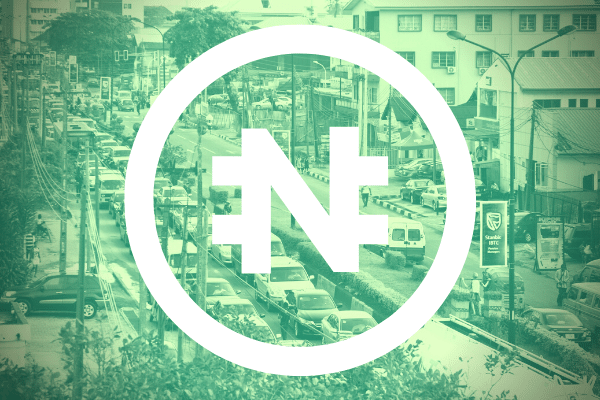Nigeria’s eNaira, the Central Bank Digital Currency (CBDC), is gaining popularity among the Nigerian population as the scarcity of traditional fiat money intensifies. The central bank’s decision to replace older banknotes with larger denominations to combat inflation has resulted in a lingering cash shortage, media reports said.
As a result, Nigerians have turned to eNaira as a safer alternative to physical cash. Despite the fact that cash currently accounts for approximately 90% of transactions, the value of eNaira transactions has increased by 63% to 22 billion Nairas ($47.7 million). Additionally, the total number of CBDC wallets owned by Nigerians has increased by more than twelve times to 13 million compared to October 2022.
The government’s recent policy has resulted in a decrease in the amount of cash in circulation, which has dropped from 3.2 trillion Naira to 1 trillion Naira. Nigeria has minted over 10 billion eNairas to compensate for the shortage of physical cash. The use of eNaira in government schemes and social expenditures has also contributed to the increased adoption of CBDCs.
CBDCs offer a solution to the financial problems faced by developing countries such as Nigeria, including reducing operational costs and strengthening anti-money laundering efforts. The Governor of the Central Bank of Nigeria, Godwin Emefiele, stated that eNaira has been a promising electronic payment channel for financial inclusion.
Furthermore, the scarcity of physical cash has also opened up opportunities for the use of cryptocurrencies. ConsenSys, the parent company of MetaMask, has introduced a new MoonPay integration that enables Nigerians to purchase crypto through bank transfers, streamlining the purchasing process.
Despite the optimism of Nigeria’s legislative body about the country’s adoption of eNaira, there is still significant work to be done to improve the digital infrastructure for financial practices in the country.



